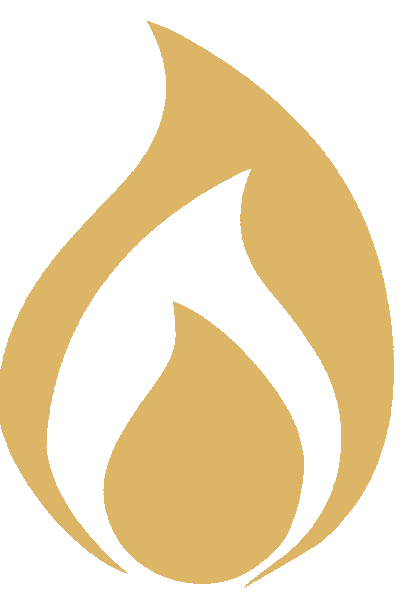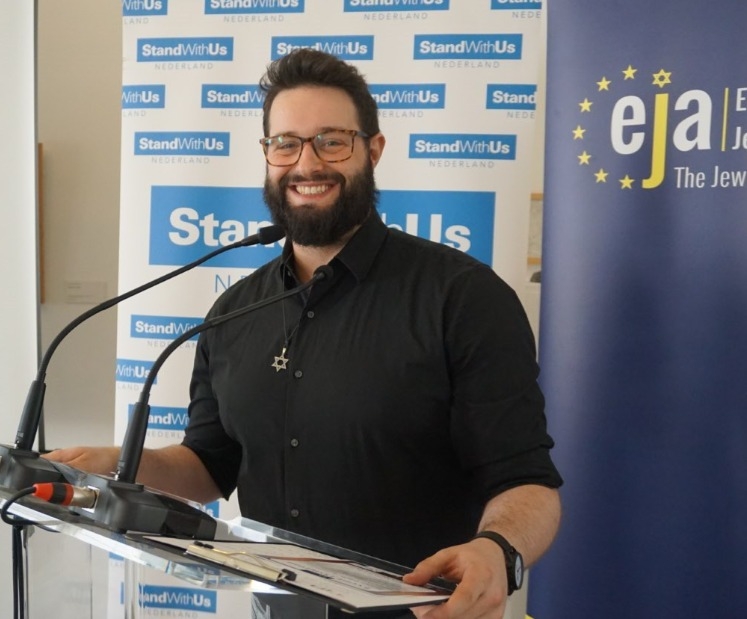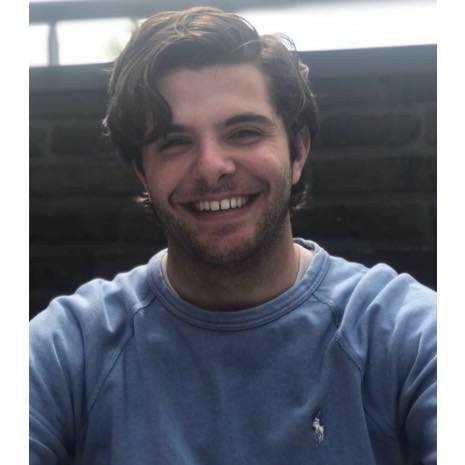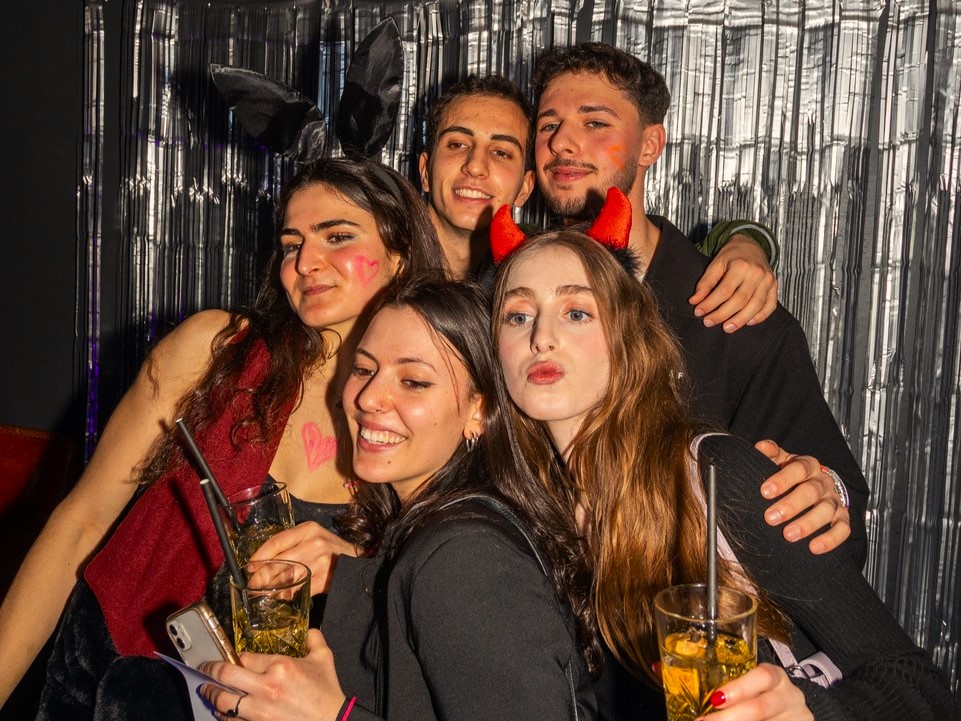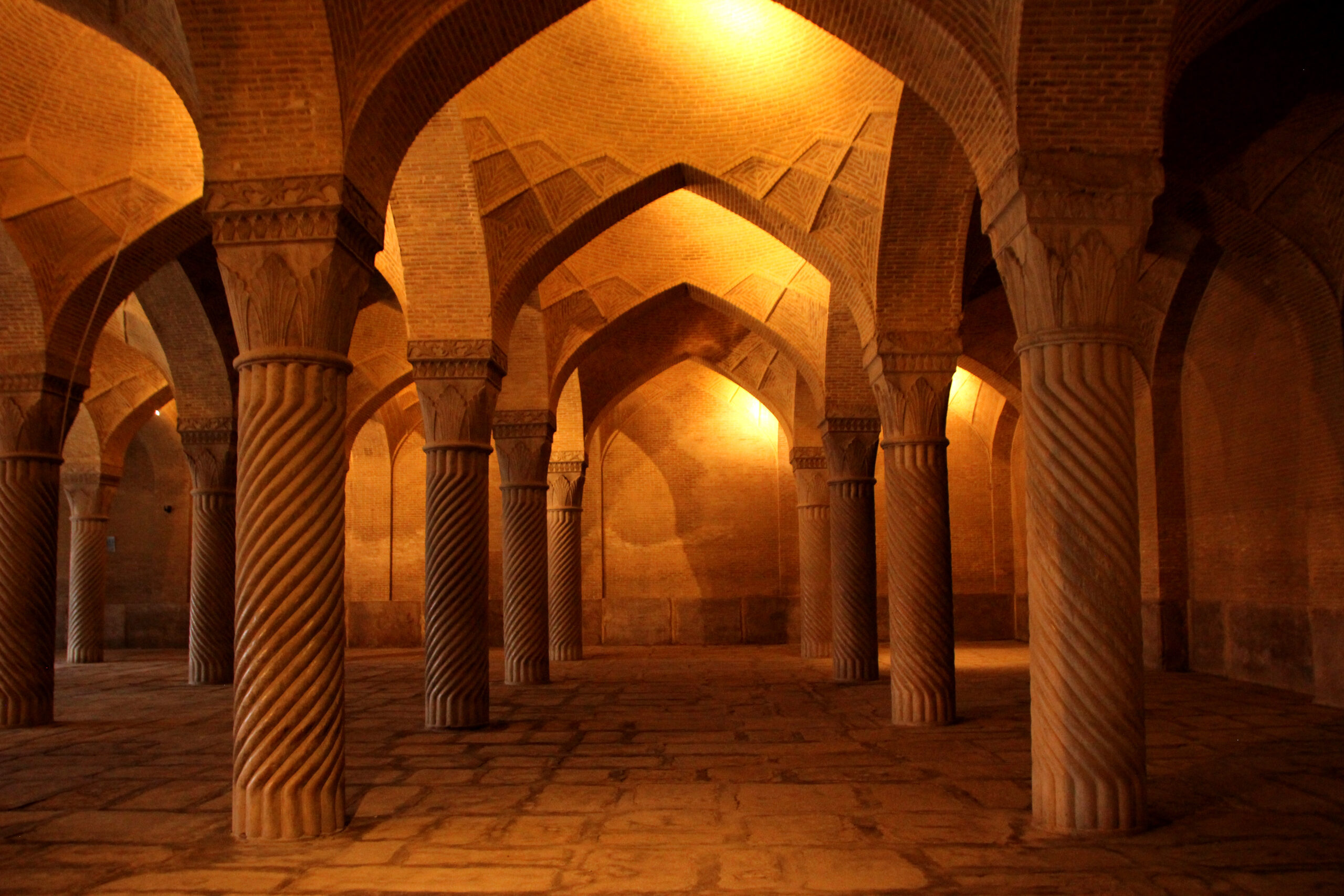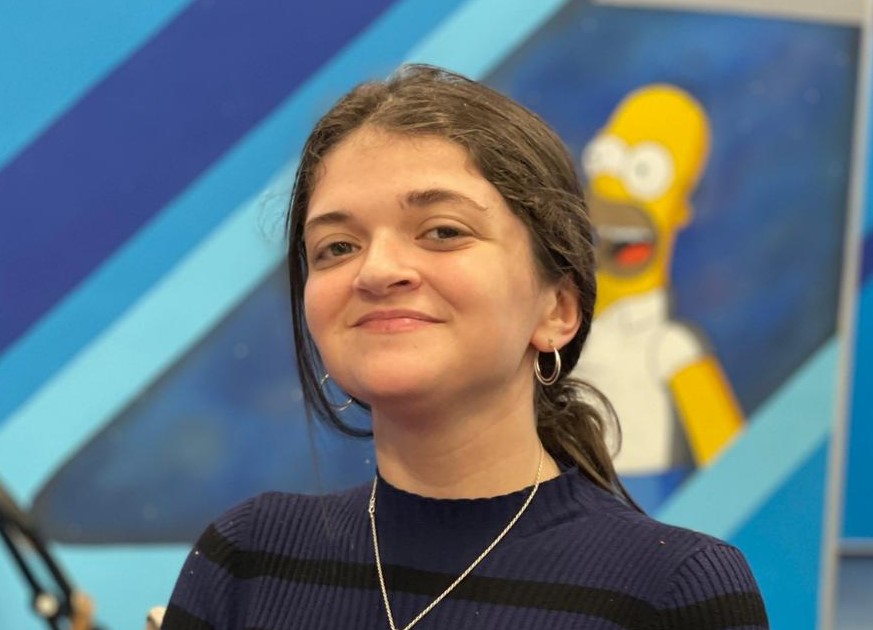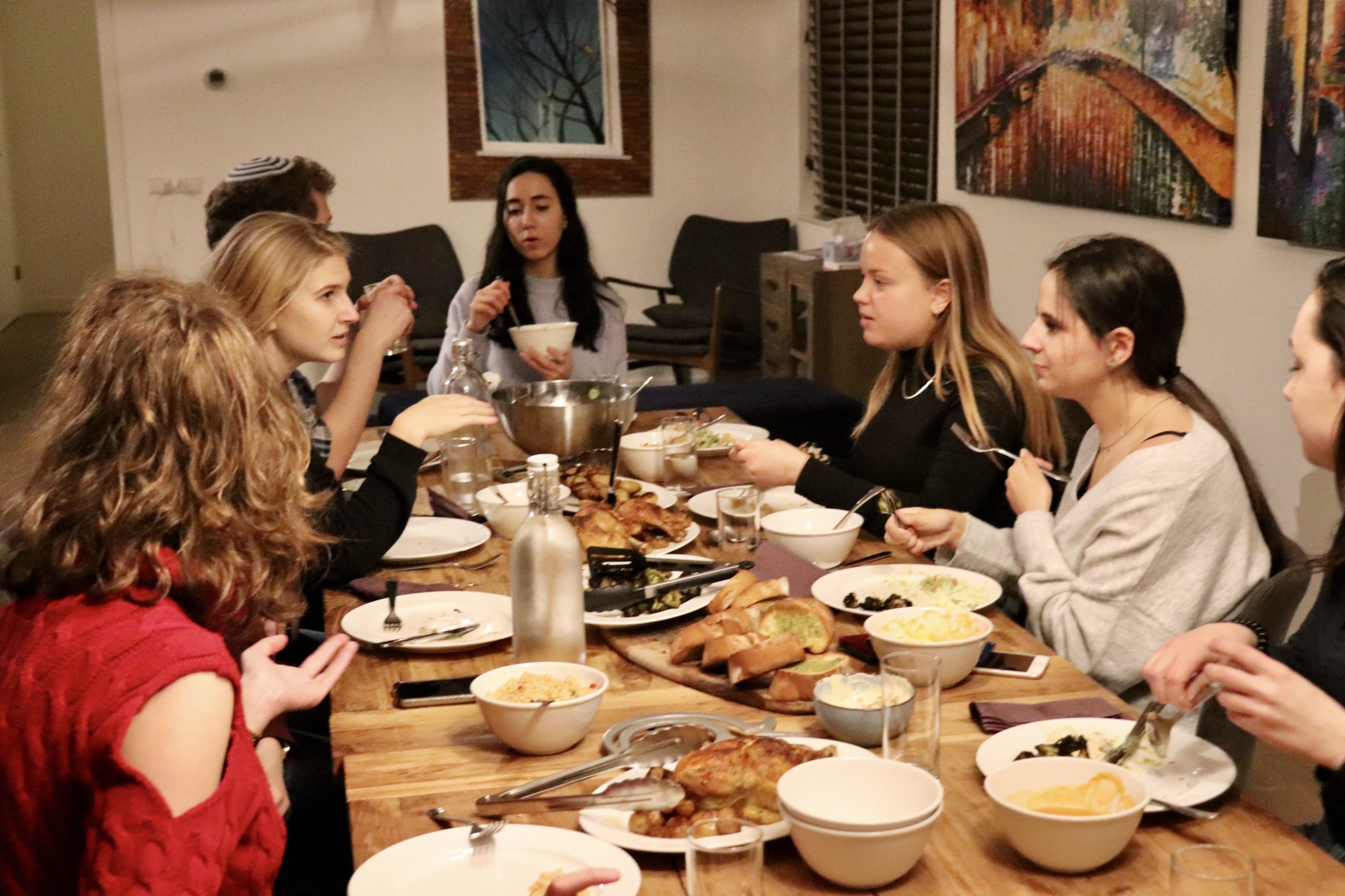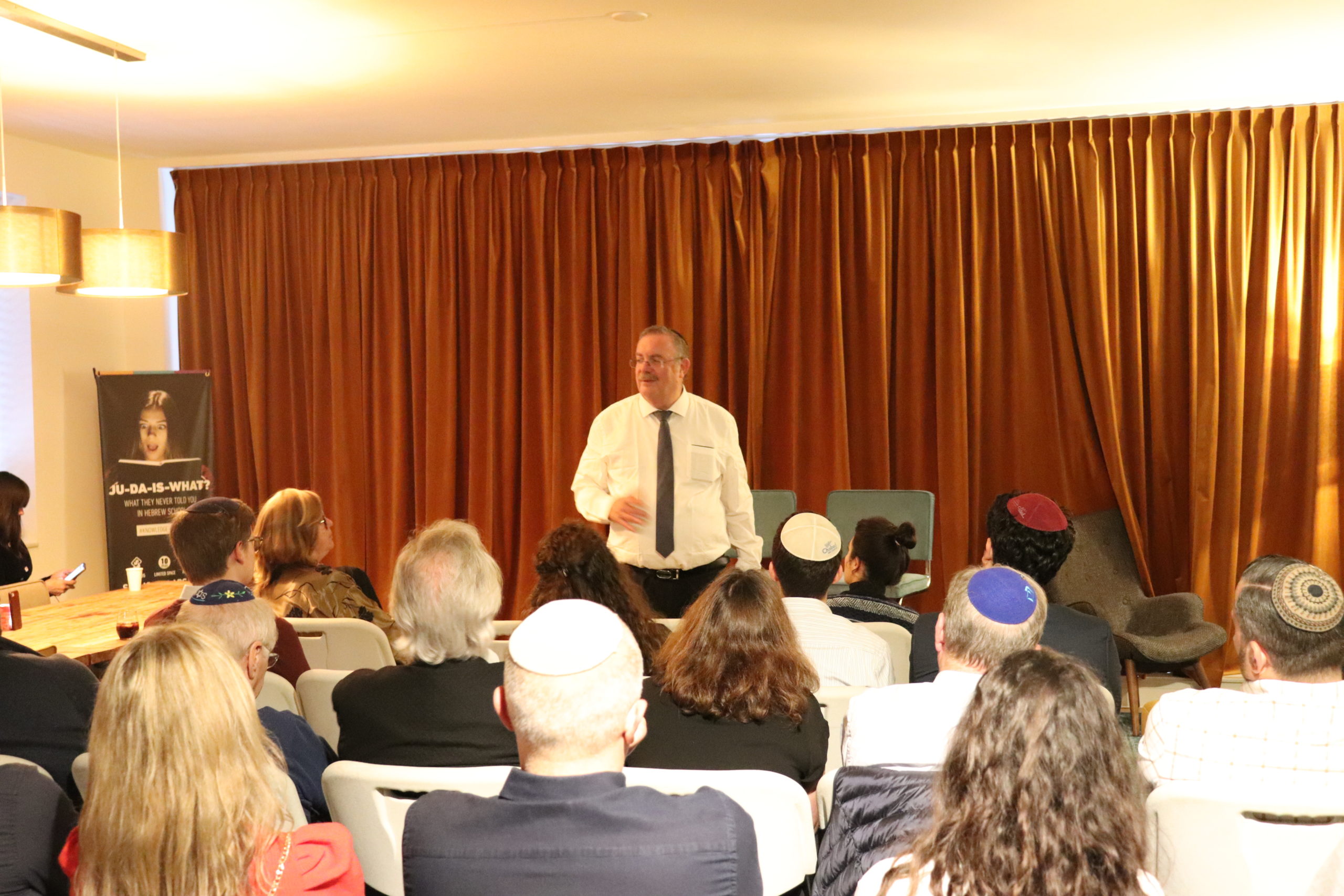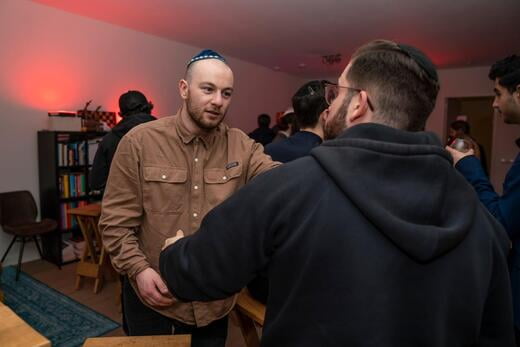Alexander Driessen (28) was born in Amsterdam and currently lives in Amstelveen. He studies Leisure Management while working as a supervisor at a GGD vaccination centre and is active as a volunteer at StandWithUs Netherlands.
What role did Judaism and the Jewish community play for you in your childhood?
A very big role, I was part of the bubble like a lot of people in the Dutch Jewish community. I went to Maimonides, Rosh Pina and regularly attended Jewish activities in the Jewish Cultural Centre in Buitenveldert, among other places. I knew very few people outside the bubble, even though I did go to karate and breakdance with non-Jewish kids when I was younger. I personally enjoyed life in the bubble very much and felt enormously safe.
We were obviously very preoccupied with the Holocaust, but I really only knew antisemitism from stories. In fact, antisemitism was ‘something’ you talked about anyway because you noticed its effects around you, but within the bubble you weren’t directly confronted with it.
Something that stayed with me from that period is that when I was 18, I went to ‘March of the Living‘ with Maimonides. It was incredibly impactful to be confronted with a country (Poland) that had such an extensive and important Jewish history, but where it was all destroyed in a very short period of time. That’s really something I won’t soon forget.
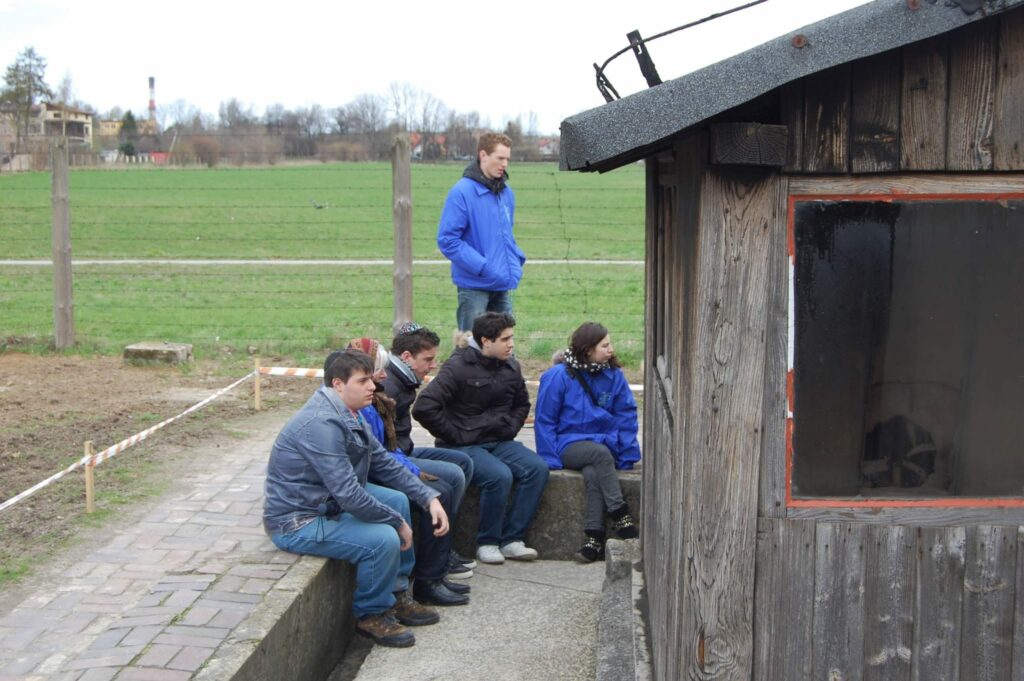
Did your involvement with the Dutch Jewish community change when you started studying?
When I started studying, I became a member of IJAR. After all, arranging events also fitted well with my studies in Leisure Management. I also regularly attended events organised by all kinds of Jewish student organisations, including Purim at Chabad on Campus!
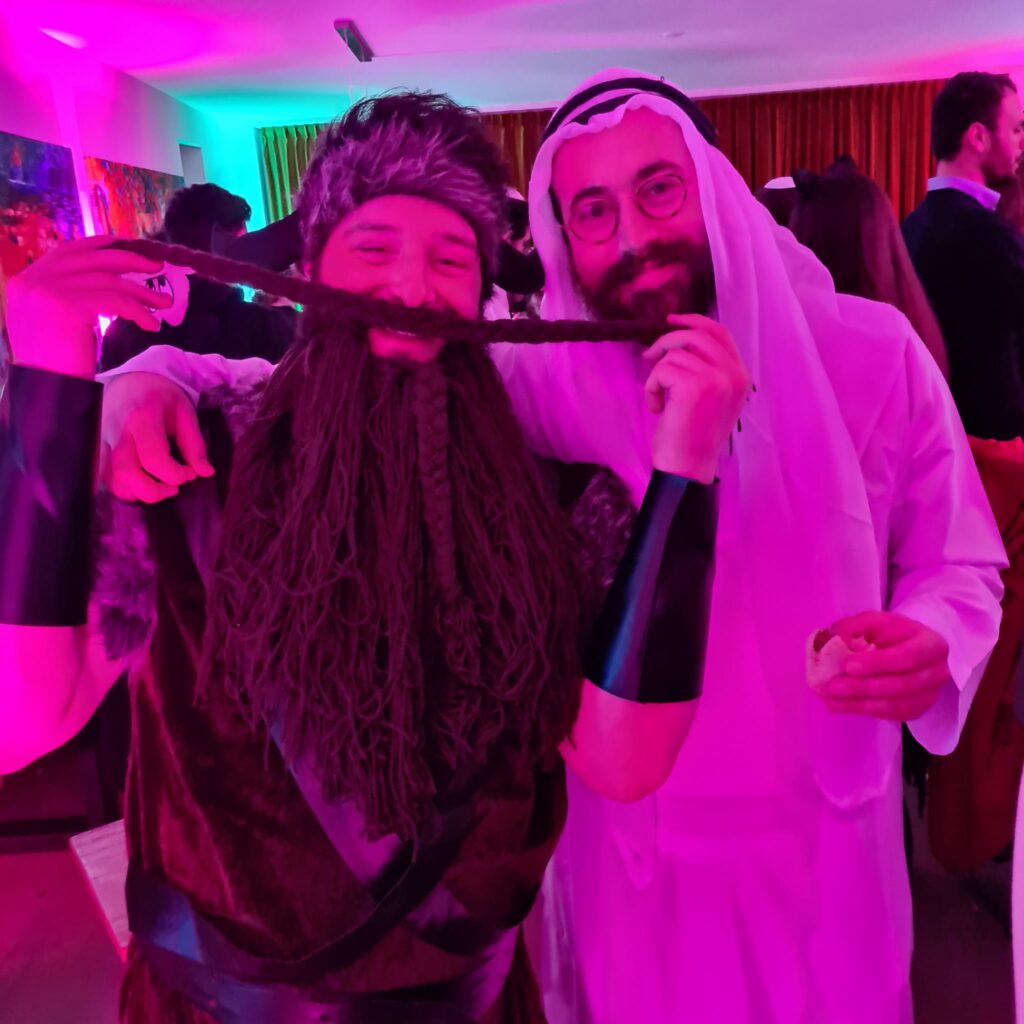
What I did notice is that when you ‘leave the bubble’, you are suddenly confronted with a lot of disinformation about Jews and Israel. During that period, I liked StandWithUs Netherlands’ Facebook page and got in touch with one of the social media administrators. Consequently, I gradually ‘rolled’ into the organisation and currently, as a board member and VP Events on behalf of StandWithUs Netherlands, I am committed to education about Israel and against antisemitism.
Through StandWithUs Netherlands, I also got the opportunity to do an internship at its headquarters in Israel, where I developed a virtual tour of Jerusalem. I also visited the British branch of StandWithUs with our Fellows as a board member last September. Since this academic year, we have had a Fellowship programme (Emerson Fellowship) in which students are trained and supported to play an important role at Dutch universities.
Through this programme, students receive training, opportunities to set up events, online and physical meetings (in London and Los Angeles, among others) and have the chance to expand their global network and knowledge in a structured and fun way! It is an international programme taking place in Canada, the United States, the United Kingdom and the Netherlands and I would definitely recommend it to any student who wants to improve their leadership skills, knowledge about Israel, Zionism and antisemitism.
Another project we are working on at StandWithUs is ‘Make Their Memory Shine‘. Scattered across Europe, stumbling stones have been placed: individual memorials to victims of the Holocaust. These include not only Jews, but also Roma, Sinti, homosexuals, resistance heroes and other ‘undesirables’ (from the Nazis’ perspective). It is the largest decentralised memorial in the world.
Make Their Memory Shine started in Maastricht and has since grown into a European project with clean-up actions in Luxembourg, Denmark, Italy, Belgium, Germany, Sweden and the Netherlands. In Brussels, together with the mayor, we cleaned the stumbling stones while sharing information about the victims.
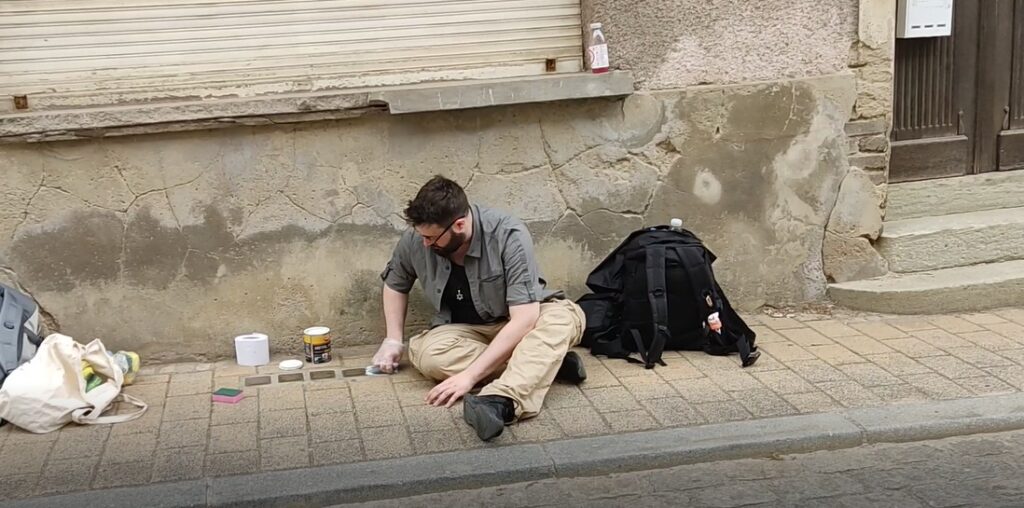
Many people from outside the ‘Jewish bubble’ also got involved in the project. One result of our efforts is that the visibility of the Stumbling Stones has increased. In Luxembourg, for example, we cleaned stones that were so dirty they were almost indistinguishable from normal paving stones. While I and a colleague from StandWithUs Netherlands were cleaning the stones in front of a shop, owners came out, but even though they had been managing this shop for years, they had no idea what we were doing. This provided the ideal opportunity to educate people about the stumbling stones and the victims’ stories.
You now work for the GGD in Amsterdam Southeast and walk around recognisably with your Magen David necklace, how did people in your work environment react to your background?
My current GGD location is the third location where I work. Previously, I worked at AFAS, near the Amsterdam ArenA, which is known as the most diverse location. We have people from all sorts of different backgrounds here and also huge diversity among people with a Jewish background: liberal and traditional Jews, Israelis and Surinamese people with a Jewish grandparent or mother.
Most people have no problems with my background and many are also genuinely interested. I notice at work that many people have an image of Israel and Jews that is based on disinformation and that these topics are very distant from them. My internship in Israel, my Jewish background and my work at StandWithUs Netherlands have enabled me to answer their questions substantively and I am very grateful for that.
Sometimes it is slightly uncomfortable, though. For example, I was once sitting in a room with two colleagues, an Afghan Muslim and a Turkish Christian. At that moment, another employee came in and asked if I had visited the Names Monument yet. Then the Turkish boy – who had grown up in the Netherlands – asked me what the Holocaust was. I was tongue-tied, because how can you live in the Netherlands, where we annually organise Remembrance Day, but have no idea what the Holocaust is?
This situation made me realise again that not everyone deals with the issues we (as Jews) consider important. In general, my experiences with people in my work environment have been hugely positive. For example, with many Muslims I talk about food or religious issues! Working in this multicultural environment gives me the opportunity to learn a lot about others and broaden their knowledge about us.
Do you want to learn more about our community? Have a look at our other Spotlights!
